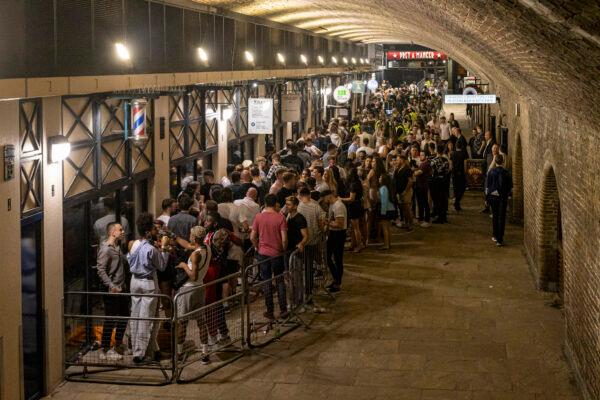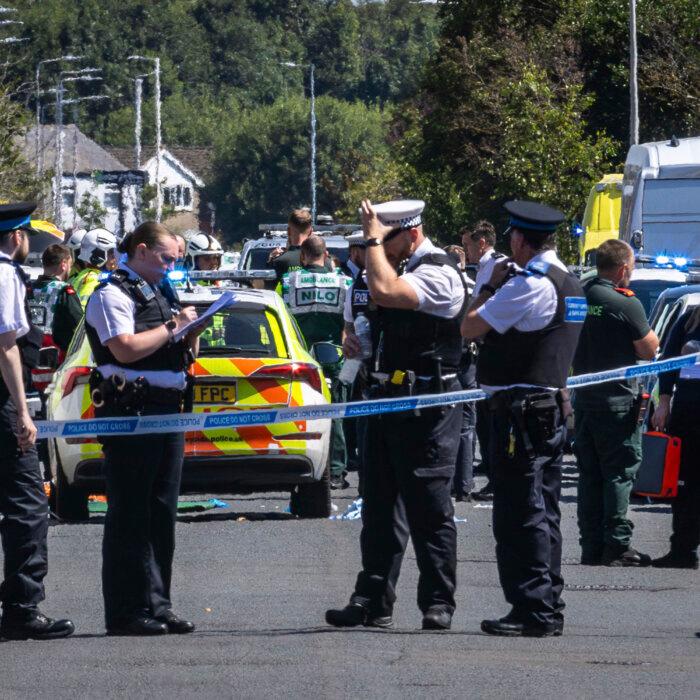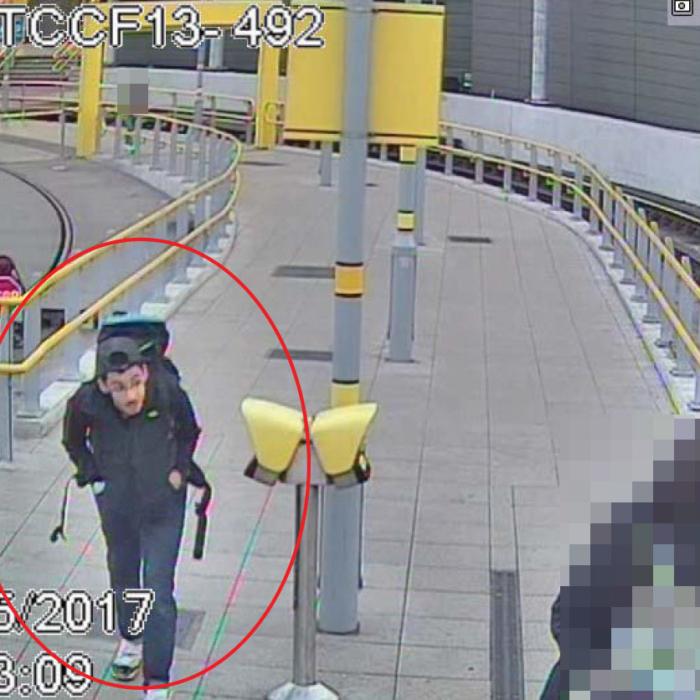A proposed law requiring tens of thousands of UK venues and businesses to implement security measures against terrorist attacks has sparked debate about the financial and administrative strain it may place on businesses.
Venues that host 800 or more people will have stricter requirements, including monitoring of events and their immediate vicinity.
Named after Martyn Hett, one of the victims of the 2017 Manchester Arena bombing, the law aims to ensure that businesses and event organisers take more responsibility for public safety.
Conservative peers scrutinising the bill last week called to raise the lower threshold to 400 or 500 in order to exempt smaller venues.
“It’s about viability, it’s about costs and for many businesses they are struggling.
On Wednesday, Conservative peer Lord Davies of Gower supported a tax relief plan to help businesses cover security costs. Under his proposal, businesses could claim back up to 25 percent of their spending on security upgrades.
This would include things like surveillance cameras, security barriers, access controls, staff training on counter-terrorism, and cyber-security protections.
Lord Davies said that while it is important for venues to improve security to protect the public, the costs could be a heavy burden, especially for small and medium businesses.
The Home Office says that while many venues already take security seriously, there is no consistency across the country.
The bill’s tiered approach—standard duty venues of 200–800 people and enhanced duty venues of 800 or more—aims to improve public safety while considering the challenges businesses may face.
The “reasonably practicable” standard of requirements now applies to both tiers. This allows operators of restaurants, bars, and other premises to consider what resources are available to them and what security measures are appropriate for their venues.
Failure to comply with Martyn’s Law could result in hefty fines. As the bill stands, standard-tier venues may be fined up to £500 a day, while enhanced-tier venues could pay up to £50,000.

Costs to Businesses
The progression of the bill comes at a time when businesses are bracing for a number of tax increases to come into effect from April.Some of the major financial challenges include increases in national insurance contributions, higher wage costs owing to the rise in the National Living Wage, and the reduction in business rates relief.
According to the Confederation of British Industry, tax hikes announced last year caught UK firms “off guard” and “put a heavy burden” on business.
Currently, there are no universal security requirements for venues in the UK.
Some large venues already have their own security measures in place, such as bag checks, CCTV, and security personnel. However, many smaller venues, community halls, and pubs do not have formal security policies. Under the new law, all venues will be expected to meet certain minimum security standards.
The government says that training and guidance will be provided, but businesses are worried about the cost and complexity of compliance.
Michael Kill, the chief executive of the Night Time Industries Association, told The Epoch Times that many small businesses may not survive if they are forced to implement expensive security measures.
“Martyn’s Law is a crucial step for public safety, but there is no doubt that its implementation comes with concerns around costs, at a time when businesses are already under huge financial pressure.
“With rising national insurance, wage costs, and a reduction in business rates relief, many venues simply cannot absorb further expense. Most of the financial burden for the sector will be front-loaded—risk assessments, training, and system upgrades,” he said.
Kill noted that the sector’s high staff turnover would make ongoing training and compliance costly. He called on the government to implement guidance that is practical and proportionate.
Welcoming the legislation, UKHospitality has acknowledged the flexibility it provides for smaller venues to create bespoke plans to keep people safe.
“This is crucial because no two venues are the same and everyone will have different requirements to best achieve the aims of this legislation – keeping our staff and customers safe,” said UKHospitality Chief Executive Kate Nicholls, in a statement.
Why Is This Law Needed?
The UK’s current national terrorism threat level is “substantial,” meaning an attack is likely.Over the past two decades, Britain has experienced multiple terrorist attacks in public venues, including the Manchester Arena bombing in 2017, where a suicide bomber killed 22 people at an Ariana Grande concert.
The London Bridge attack in 2017 saw terrorists using a van and knives to kill eight people, targeting pedestrians and bars.
The UK’s counter-terrorism strategy has been questioned after it emerged that the Southport attacker Axel Rudakubana had been referred to the Prevent programme prior to killing three children and seriously injuring 10 others in July 2024.







